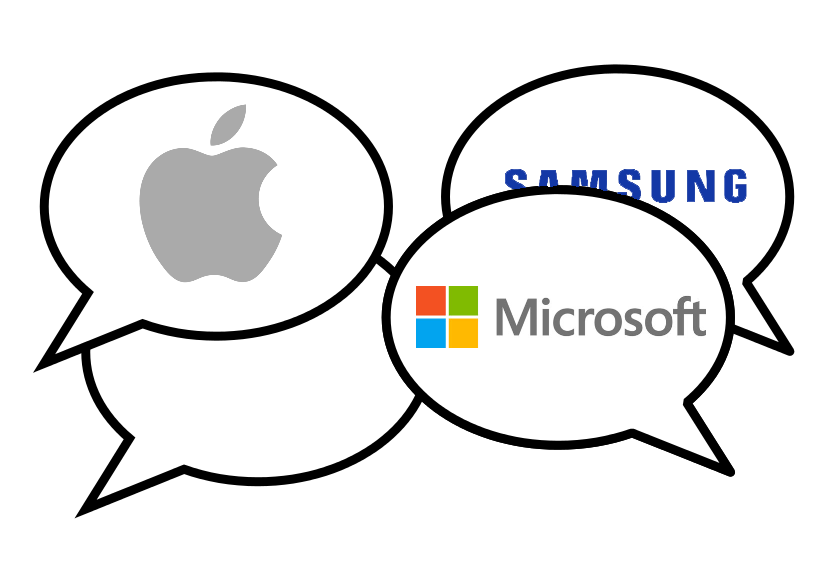Leaks Take the Lead in Product Roll-Outs

Mobile industry leaks have become a competitive sport and, paradoxically, the companies trying the hardest to keep secrets are the companies that create the gadgets enabling the leaks. Information about unannounced products, acquisitions, operator deals, casing colours, product names and corporate reorganisations now become Internet graffiti, affecting corporate strategy. Companies can’t rely on the containment of sensitive information for long — leaks are taking the lead.
Apple’s watch has been announced months before its shipping date, a move likely to at least be in part be an attempt to intercept inevitable leaks as component suppliers and manufacturers ramp up production. There’d been conjecture and chatter about the Apple Watch, but little solid evidence of the shape, size or name made it out. One of the world’s largest companies may have adjusted its strategy as an acknowledgement that it wouldn’t be able to keep product details under wraps much longer. The more people and parts involved in product creation, the higher the likelihood of unauthorised disclosure.
In this WikiLeaks era, bloggers and tweeters have energised an industry of leaks. However, major and respected media outlets such as The New York Times, The Financial Times, and The Wall Street Journal are happy to re-publish rumours based on the same vague sources.
It’s tempting to think that there’s no such thing as a bad leak. Companies can benefit from viral marketing, and the hype of speculation could be worth a great deal of money, but mature companies take disclosure very seriously and are concerned about their competitive advantages and intellectual property rights. Leaks come from many different sources, with some the result of accidents as employees let too much information slip, and some are a matter of mischievous behaviour. However, leaks resulting from unethical motives are spreading, and these could threaten a company’s competitive edge.
Major technology companies like Apple, Microsoft and Samsung are under a microscope. Any potential product news is of interest to millions. These companies outsource, working with component suppliers and contract manufacturers from across the globe, and disclosure has become a nearly inescapable part of the product creation process. Companies need to a plan B to allow for leakage.

 Twitter
Twitter
 Facebook
Facebook
 LinkedIn
LinkedIn
 Email
Email